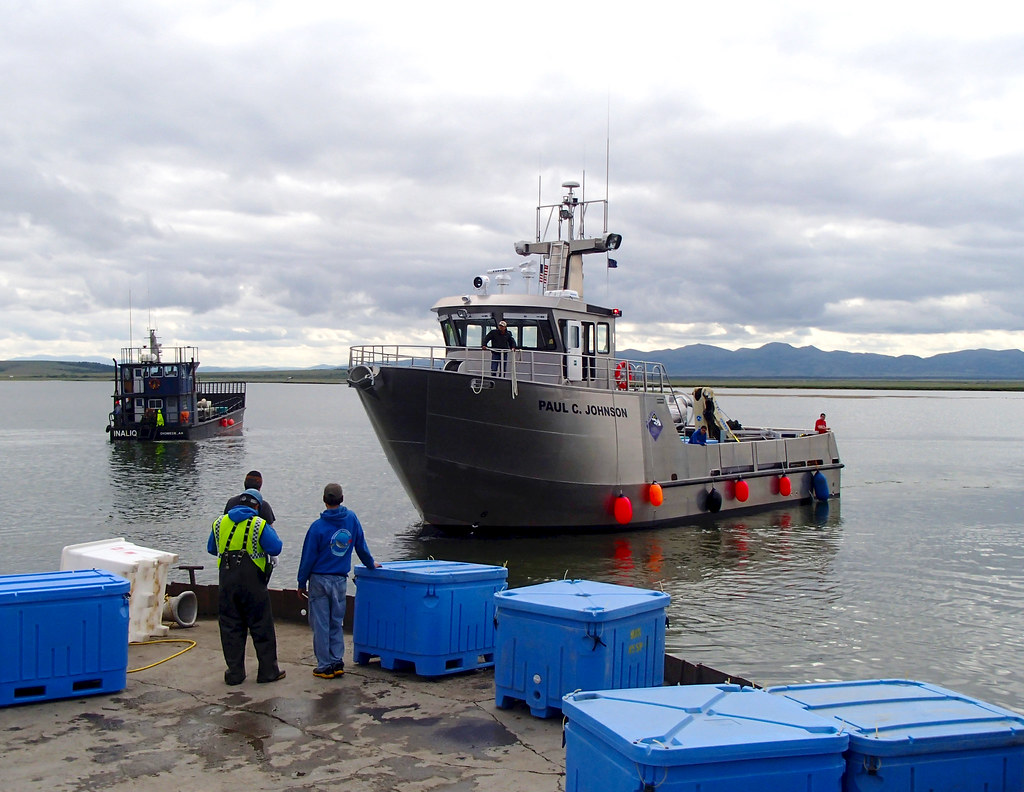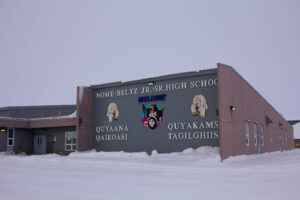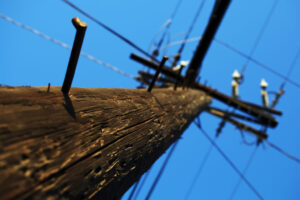Fishing on the Norton Sound will look a bit different this summer as commercial fishermen and processors will be complying with extra COVID-19 precautions set by local communities and employers.
In other Alaska communities, seafood workers from out of state have been testing positive for the coronavirus and residents are fearful it could spread within their communities. But Norton Sound Economic Development Corporation (NSEDC) is trying to avoid that along with their regional partners. NSEDC’s plan says commercial fishers and processors will work where they live.
“A really large component of how we’re operating this year compared to other fisheries in the state is that we’re all local fleets and local workforce too.”
– Tyler Rhodes, COO at NSEDC
Tyler Rhodes is the Chief Operating Officer for NSEDC. Most skiffs will be fishing and coming back to their home communities, Rhodes says, especially since NSEDC won’t be buying crab this summer—that’s normally the regional fishery with the most movement.
NSEDC vessels and crews that have to travel to another Norton Sound community will be expected to comply with state and local regulations, or NSEDC says they won’t want to buy their fish. COVID-19 regulations have already impacted regional fishermen like a crew from Shaktoolik during the herring fishery last month.
“[They] came to Unalakleet because that was the only place we were purchasing herring and they asked us what to do. We referred them to the Unalakleet travel committee. They camped out outside of Unalakleet and delivered to the docks and didn’t come ashore, as far as we know. That’s the template of how it would work if people are to move about.”
– Tyler Rhodes
Based on NSEDC’s plan, seafood processing facilities in the Norton Sound region will also be closed to the public and commercial fishers will be expected to process their fish tickets in specifically designated areas.
Inside of the facilities, NSEDC expects workers to wear PPE. Though NSEDC plans to do routine screenings at their land-based facilities, like questions and temperature checks, Rhodes would also like to see regular testing of employees. Workers in the fish plants will be tested at the beginning of the season and hopes that workers can continue regular testing throughout the season.
COVID-19 testing will be required of NSEDC vessel crews, who would travel to other communities, and Rhodes says they must come back with a negative result before going on the boat.
“And then they will essentially be isolated at that point. We’re not going to have our vessel crews getting off in any communities other than Nome or Unalakleet, where they’ll be going [directly] to the crew quarters that we have set up for them.”
– Tyler Rhodes
Without summer commercial crabbing happening in the Norton Sound, Rhodes expects many of the regional commercial crews will turn their attention to halibut. The halibut quota is split about 30/70 between the fishery in Savoonga and off of Nome.
NSEDC is planning to begin accepting halibut deliveries on June 15th from Savoonga and starting July 1st from Nome.
All commercial and subsistence fishers are expected to comply with local and state regulations for the communities in which they fish and sell. All fishing, mining, and other marine operators are expected to submit their COVID-19 preparation plans to the Port of Nome’s harbormaster. The port officially opened for business on June 1st.
The City of Nome is still expecting mariners coming in from outside of the region to comply with local quarantine requirements. Those options are either a 14-day quarantine or a 7-day quarantine with a negative test and the beginning and end.
Image at top: One of NSEDC’s main fishing vessels in the regional fleet, the Paul C. Johnson. Photo from NSEDC’s website, via public domain.





